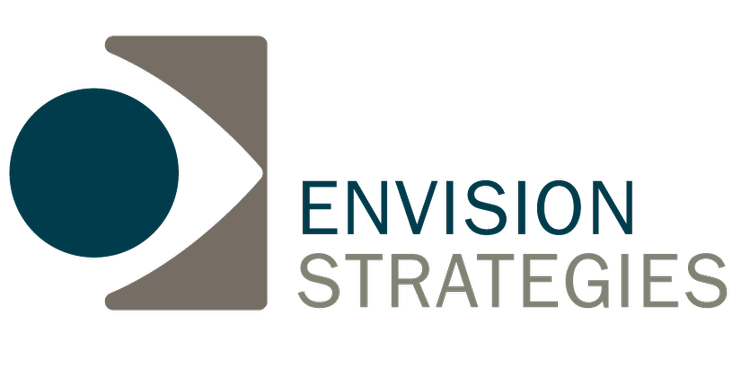Insights from Ann Roebuck and Sojo Alex
Corporate dining directors face a critical strategic question: how do you prepare for a workforce whose dining expectations have been fundamentally reshaped by campus experiences? The students graduating today carry with them assumptions about technology integration, operation and strategy, and service quality that will define workplace dining standards for the next decade.
Understanding Future Workforce Expectations
Corporate dining directors must recognize that their future employees are being shaped by current campus dining experiences. “Our corporate clients understand that many of their employees are coming from the higher ed market," states Ann Roebuck.
This awareness creates both opportunities and challenges. Students accustomed to certain service levels, technology integration, and community-focused dining experiences will expect similar or enhanced offerings in their workplace environments. Corporate dining must compete not only with external options but also with the diverse demands on employee time and attention that don't exist in campus environments.
Operational Realities and Strategic Implications
The fundamental differences between campus and corporate dining create both opportunities and limitations for innovation transfer. Campus programs benefit from captive audiences with meal plans and all-day engagement, while corporate dining typically serves employees for limited time periods without the comprehensive relationship that meal plans provide.
Despite these differences, common standards have emerged across both sectors. Speed of service remains critical; no one wants to wait a long time for a deli sandwich, regardless of environment. Similarly, variety expectations, allergen labeling requirements, and feedback systems have become universal expectations shaped by cross-sector experiences.
Looking Forward
The convergence of campus and corporate dining innovations continues to accelerate, driven by workforce transitions and evolving expectations. Companies that understand and adapt to the campus-to-corporate pipeline will be better positioned to attract and retain talent in an increasingly competitive employment landscape.
The most successful corporate dining programs will selectively adopt campus innovations while maintaining their unique operational requirements and employee demographics. This strategic approach requires understanding not just what innovations exist, but how they can be adapted to serve diverse workforce needs while building the kind of workplace community that drives both employee satisfaction and business results.
Ready to Transform Your Corporate Dining Strategy?
The intersection of campus and corporate dining offers opportunities for innovation and employee engagement. Whether you're adapting campus-proven technologies, implementing community-building strategies, or preparing for the next generation of workforce expectations, the right strategic approach can transform your dining program from cost center to competitive advantage.
Find us at the SHFM Conference 2025 to dive deeper into these trends and explore how your organization can leverage campus dining innovations for corporate success. Let's connect to discuss your specific challenges and opportunities.
Connect With Envision Strategies
Connect with our team to explore customized solutions for your corporate dining transformation.


